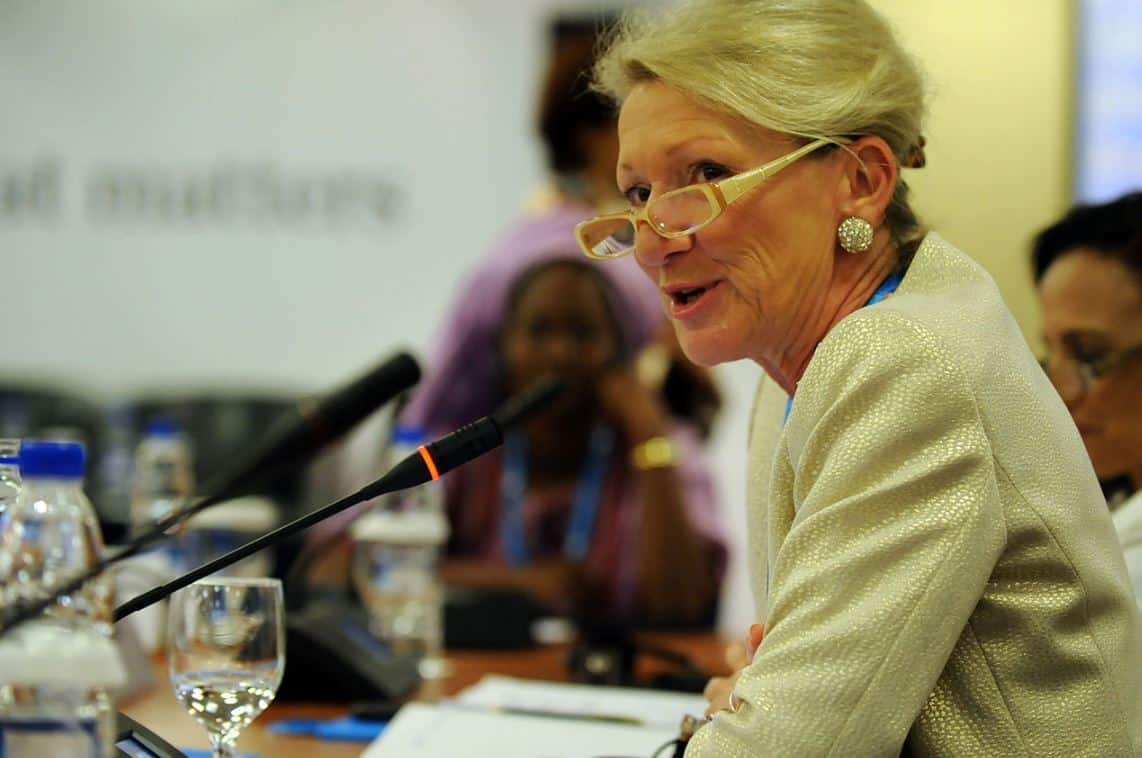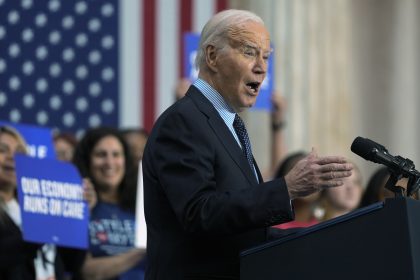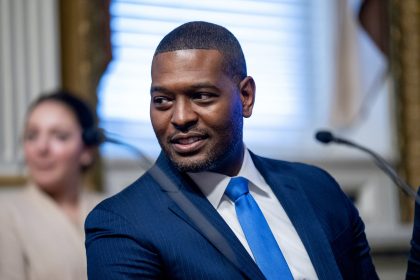Former FCC Chairs: Commissioner Needs to Be Confirmed

WASHINGTON — Throughout the various iterations of the Federal Communications Commission, its members have essentially had to answer one question: “How do you make sure technology as it develops and evolves can be enjoyed by everyone in the country?” said former Chair William Kennard at the Multicultural Media, Telecom and Internet Council’s annual Former FCC Chair Symposium Wednesday.
Kennard gathered with some of his colleagues including former Chairs Richard Wiley and Mignon Clyburn, as well as former Members Jonathan Adelstein and Deborah Taylor Tate to discuss the FCC’s options as it navigates today’s issues of expanding broadband, media ownership and regulating the internet.
In their wide-ranging conversation, the former chairs focused on how the current four-person commission is working surprisingly well implementing many bipartisan rule changes and programs.
The commission is currently deadlocked with two commissioners confirmed by Democrats — Chairwoman Jessica Rosenworcel and Geoffrey Starks — and two Republican commissioners — Brendan Carr and Nathan Simington. Carr, Starks and Simington also spoke at the event, highlighting their priorities for expanding broadband access, affordability and media ownership, respectively.
The Senate has yet to confirm President Joe Biden’s nominee for the FCC, Gigi Sohn, who would be the fifth member and presumably a tie-breaker as needed.
It’s been nearly two years since there’s been a full commission, and in that time the commissioners have moved forward with programs that have bipartisan agreement. Examples include expanding broadband affordability and rule changes to crack down on robocalls.
More potentially controversial discussions of net neutrality loom, the former commissioners agreed.
“With each passing day it becomes more difficult” to confirm Sohn, Kennard said, pointing out the legislative session is growing shorter as elections loom in November.
It’s not impossible, Adelstein said, reminding his fellow colleagues that he was twice confirmed in a lame-duck session.
“A lot gets done when the politics and the heat are off,” he said.
And there have been some slightly controversial changes made by bipartisan votes including starting the process on creating broadband nutrition labels and creating rules to boost competition from internet providers in apartment buildings, Adelstein said.
The FCC commissioners have been successful in making changes because they don’t get as caught up in the partisan “sport” of disagreements, Mignon said.
Movement needs to be made on more controversial topics like net neutrality, she said.
“I think movement is best for this nation. At two-two, we can’t do that,” she added.
As for the broadband expansion programs, the former commissioners agreed this is an incredibly unique opportunity that cannot be squashed by misuse of the money.
Certain programs like the Emergency Connectivity Fund, which helps schools expand broadband access for students, are likely to run dry, but the Broadband Equity, Access, and Deployment Program, which is bringing $42 million to states to expand access, can likely fund programs that are shut out of other funding, Wiley said.
There’s also the FCC’s Universal Service Fund that is a “ticking time bomb” for when the program that’s been around since the 1990s runs out of money, Kennard said.
The commission needs a new strategy for funding the rapidly depleting program that will help preserve the current investments in building out broadband access for underserved populations, they all agreed.
It cannot be primarily funded by appropriations because that process is too unpredictable, Mignon said.
Carr also mentioned reinforcing the Universal Service Fund during his opening remarks, saying it’s currently in a “death spiral” and the commission should look to tech companies benefiting from these investments in broadband to pay into the fund.
Mignon highlighted how that would not have been a potential bipartisan agreement during her tenure under President Barack Obama about a decade ago.
Overall, there are many issues, including ensuring equitable access to broadband and internet and data privacy reforms that the commission needs to confront over the next few years. And just like there’s no “single policy silver bullet” to bridge the digital divide, Carr said, the other issues are also going to require complex problem-solving.
Madeline can be reached at [email protected] and @MadelineHughes























